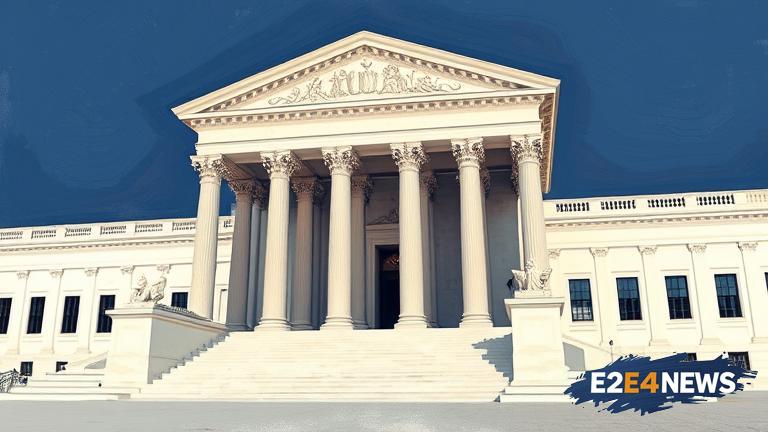Former US President Donald Trump has expressed his approval of a recent court ruling that upholds Idaho’s abortion law. The law, which bans abortion after six weeks of pregnancy, has been at the center of controversy and debate. Trump’s statement comes as a significant development in the ongoing discussion about reproductive rights in the United States. The ruling has been met with both praise and criticism from different groups, with some hailing it as a victory for the pro-life movement and others condemning it as an attack on women’s rights. The Idaho abortion law is one of the most restrictive in the country, and its implementation has been challenged by several organizations and individuals. The court’s decision to uphold the law has been seen as a significant setback for abortion rights advocates. Trump’s support for the ruling is consistent with his previous stance on abortion, which has been a highly divisive issue throughout his presidency. The former president has long been a vocal opponent of abortion, and his administration had implemented several policies aimed at restricting access to the procedure. The Idaho law is part of a broader trend of states passing restrictive abortion laws, which has been driven in part by the Supreme Court’s decision to overturn Roe v. Wade. The ruling has sparked widespread protests and demonstrations, with many arguing that it represents a significant erosion of women’s rights. Despite the controversy surrounding the law, Trump’s statement suggests that he believes it is a step in the right direction. The former president has a long history of courting conservative voters, and his support for the Idaho law is likely to be seen as an attempt to appeal to this base. However, the move is also likely to alienate moderate voters and those who support abortion rights. The debate over abortion is likely to continue to be a highly contentious issue in the upcoming election cycle. As the conversation around reproductive rights continues to evolve, it remains to be seen how the Idaho law and similar laws in other states will be implemented and enforced. The ruling has also sparked concerns about the impact on women’s health and access to healthcare services. Many medical professionals have spoken out against the law, arguing that it will lead to unsafe and unhealthy outcomes for women. The law has also been criticized for its potential to disproportionately affect low-income women and women of color, who may not have the resources to access abortion services in other states. Despite these concerns, Trump’s statement suggests that he believes the law is a necessary step to protect the rights of the unborn. The former president has long been a polarizing figure, and his support for the Idaho law is likely to be seen as a reflection of his broader views on social issues. As the debate over abortion continues to unfold, it remains to be seen how the Idaho law and similar laws will be received by the courts and the public. The ruling has significant implications for the future of reproductive rights in the United States, and it is likely to be a major issue in the upcoming election cycle. The conversation around abortion is complex and multifaceted, and it is likely to continue to be a highly contentious issue in the years to come. The Idaho law is just one example of the many restrictive abortion laws that have been passed in recent years, and it remains to be seen how these laws will be implemented and enforced. The ruling has sparked widespread discussion and debate, with many arguing that it represents a significant shift in the national conversation around reproductive rights. As the issue continues to evolve, it is likely that we will see further developments and challenges to the Idaho law and similar laws in other states.
